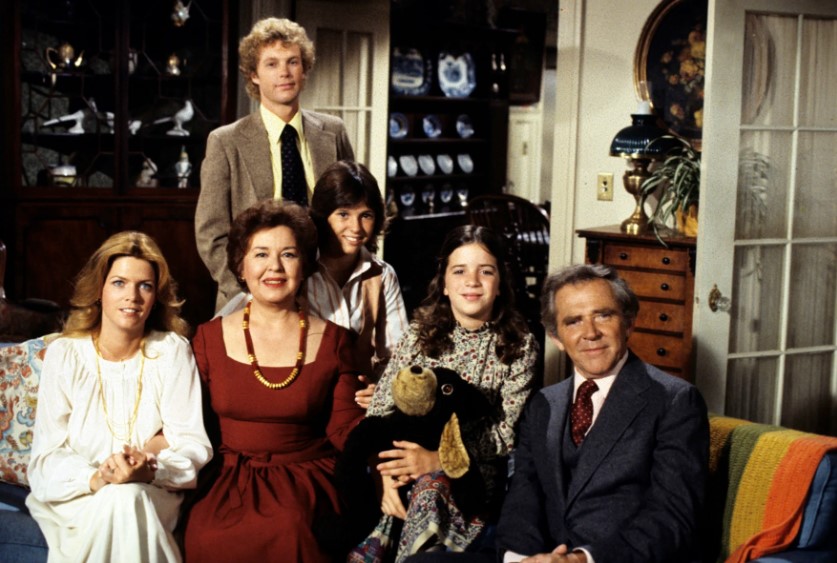In 1936, a little girl with a mop of curls and a captivating smile took Hollywood by storm. That girl was Shirley Temple, and the film that cemented her status as a child superstar was "Captain January." This heartwarming musical comedy-drama, based on the 1890 children's book by Laura E. Richards, showcased Temple's talent and charisma, making her a household name across the globe.

The film centers around Captain January, a gruff but kind-hearted lighthouse keeper played by Guy Kibbee. When a shipwreck washes a young girl ashore, Captain January takes her in and raises her as his own. He names her Star (played by Temple) and the two form a deep, loving bond. However, their idyllic life is threatened when a truant officer, Mrs. Morgan (Sara Haden), insists Star attend school. Captain January, fearing institutions and wanting to keep Star, resists, but Mrs. Morgan's persistence leads to a court hearing.
"Captain January" is a classic coming-of-age story with a twist. Star, unlike many child characters of the time, isn't helpless or dependent. She's an eight-year-old with a fiery spirit, independence, and a surprising amount of sass. Temple imbues Star with a maturity beyond her years, delivering her lines with impeccable timing and a twinkle in her eye. Her signature dimples appear frequently, conveying charm and mischievousness in equal measure.

One of the film's highlights is Star's defiance against the rigid Mrs. Morgan. Their courtroom showdown is a comedic highlight, with Temple's witty retorts leaving the audience in stitches. She sings her way through the film with remarkable poise, belting out classics like "At Your Command" and "Animal Crackers in My Soup" with a voice both sweet and surprisingly powerful. These musical numbers were a staple of Temple's films, and "Captain January" is no exception. They provided a platform for her undeniable talent and showcased her ability to connect with audiences on an emotional level.
The film doesn't shy away from serious themes. The threat of losing Star hangs heavy over Captain January, and Temple manages to convey a vulnerability that tugs at the heartstrings. The potential separation mirrors real-life anxieties of the Depression era, offering a relatable storyline for audiences facing economic hardship and family instability.

Captain January himself, played by the gruffly charming Guy Kibbee, serves as a wonderful foil to Star's effervescence. Their relationship forms the emotional core of the film. Kibbee portrays the Captain's initial reluctance to accept Star with gruff tenderness, eventually blossoming into a fierce love for his adopted daughter. Their scenes together, from playful banter to heartfelt moments, are some of the film's most touching.
"Captain January" wasn't without its critics. Some reviewers felt the film was overly sentimental, and the portrayal of Mrs. Morgan as a caricature of a strict authority figure drew some criticism. However, the film's success was undeniable. Audiences flocked to theaters, captivated by Temple's performance and the heartwarming story.

The film's impact extended far beyond box office success. Shirley Temple became a national icon during a tumultuous period in American history. Her on-screen optimism and resilience offered a welcome escape for audiences facing economic hardship. She also became a powerful marketing tool, appearing on countless products and influencing fashion trends for young girls.
"Captain January" remains a significant film in Shirley Temple's career. It showcased her talent, charm, and ability to connect with audiences of all ages. The film continues to be enjoyed by audiences today, a testament to the enduring power of a heartwarming story and the captivating performance of a young star who stole the show.

















